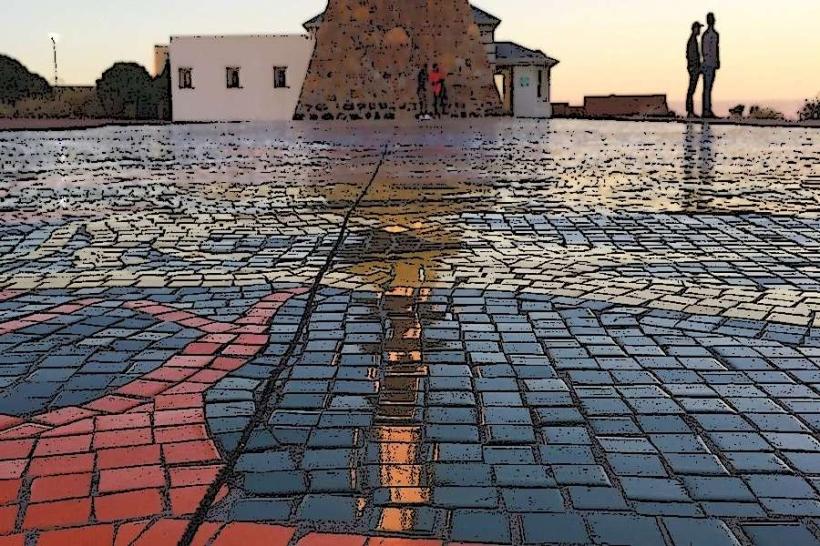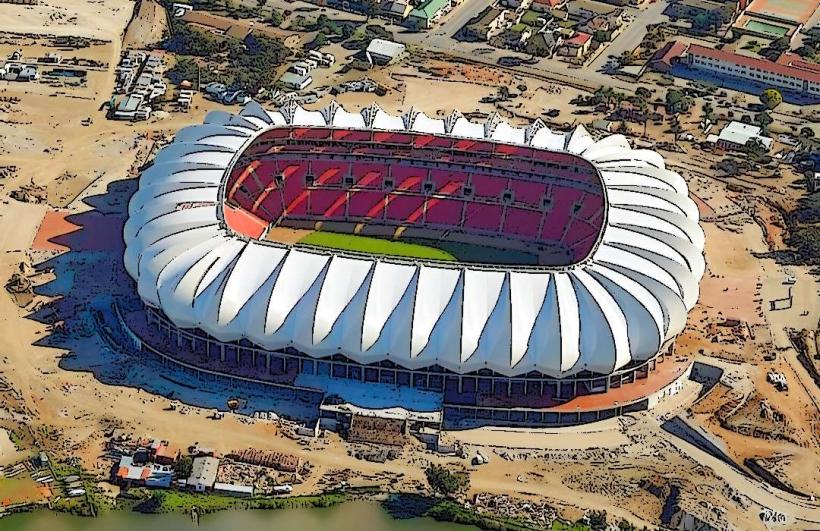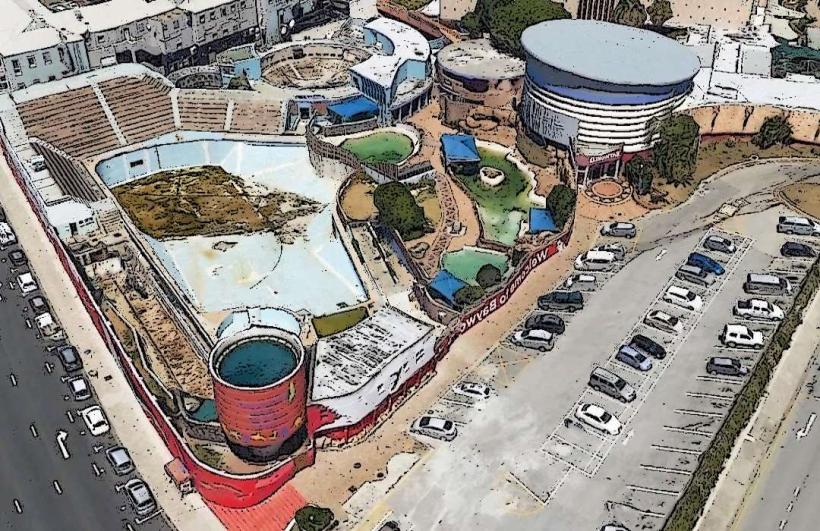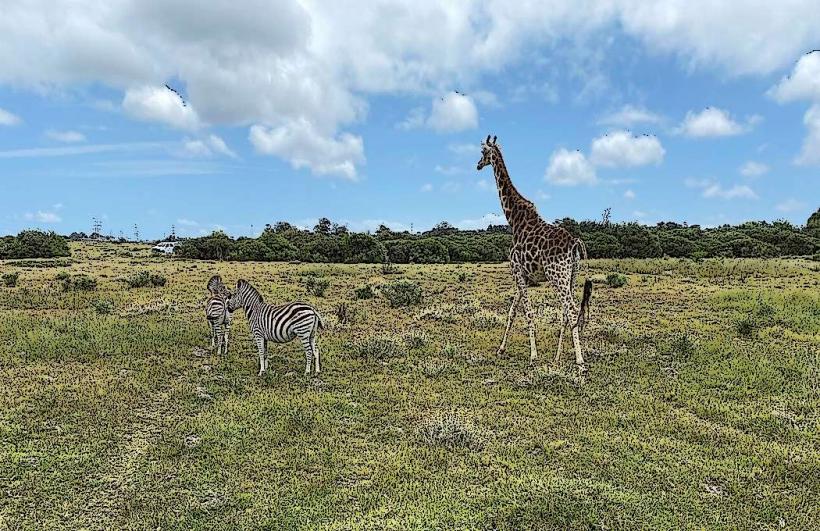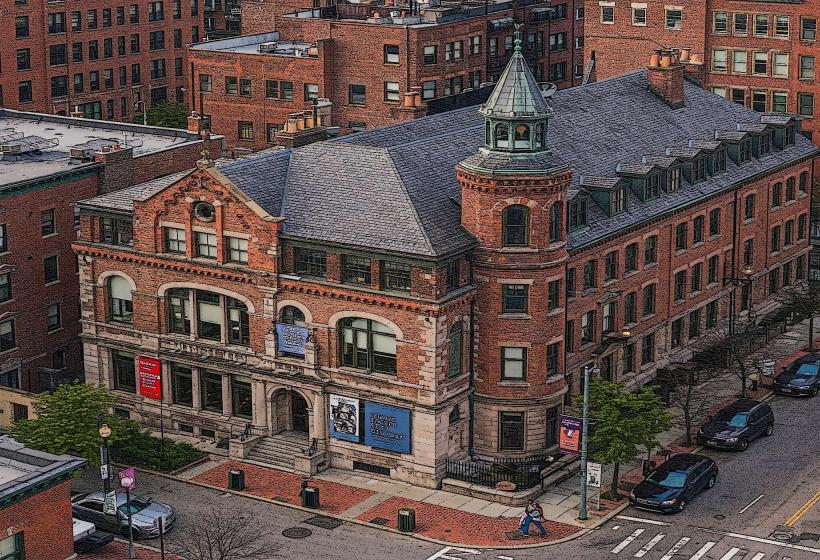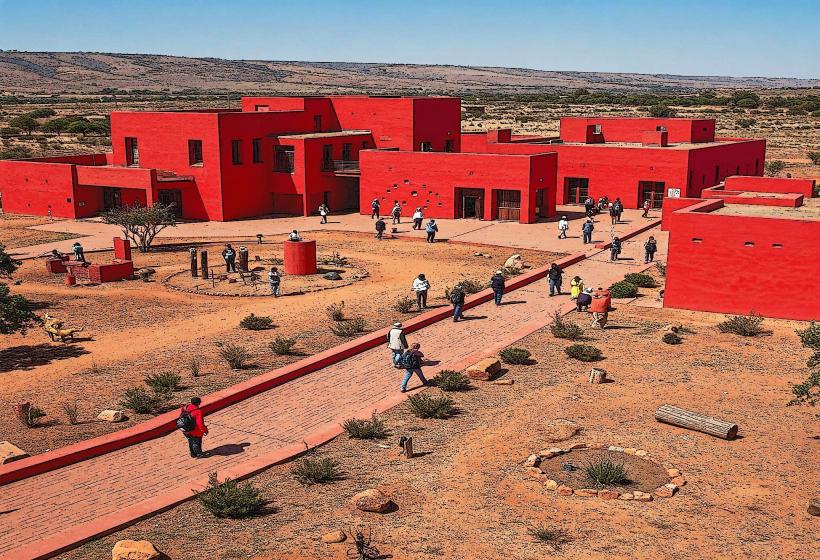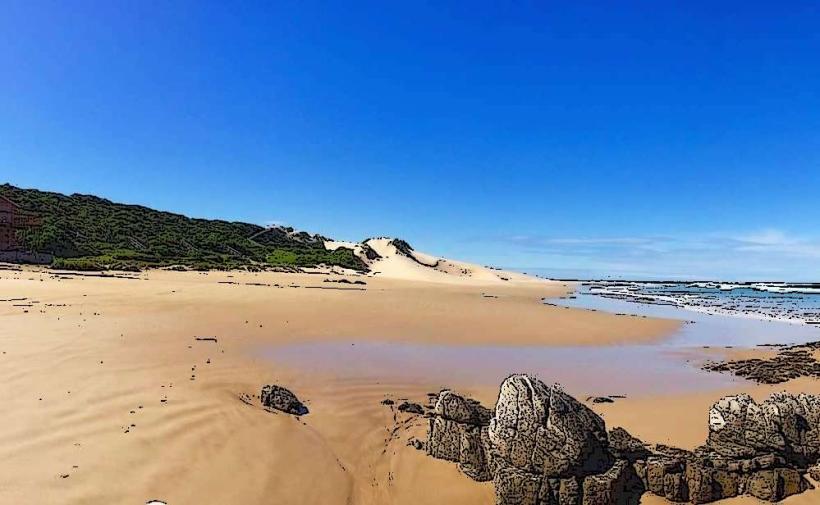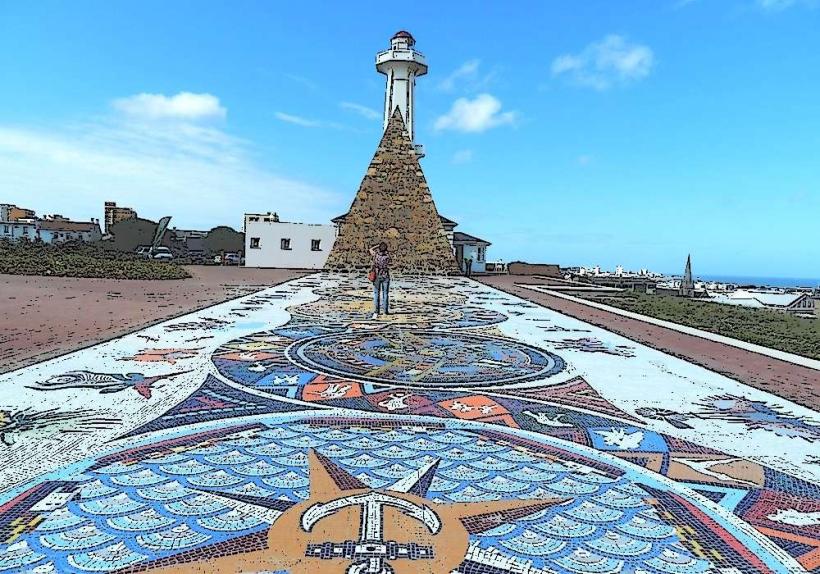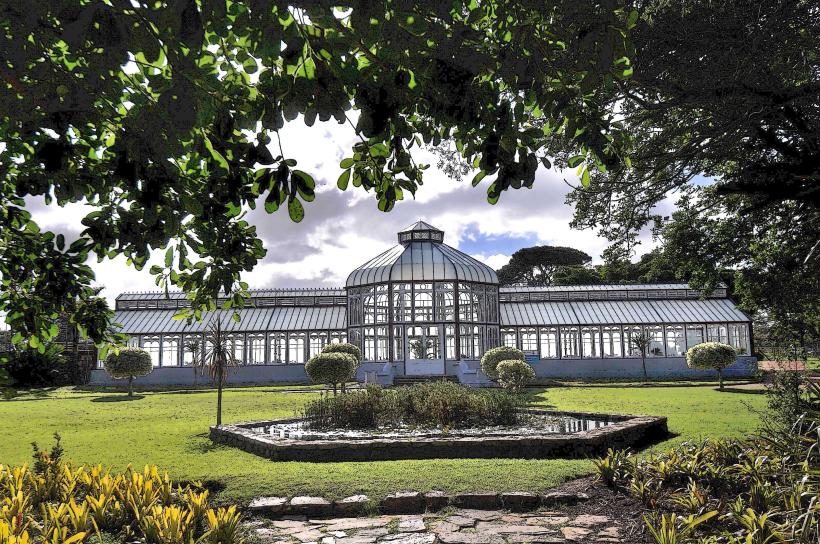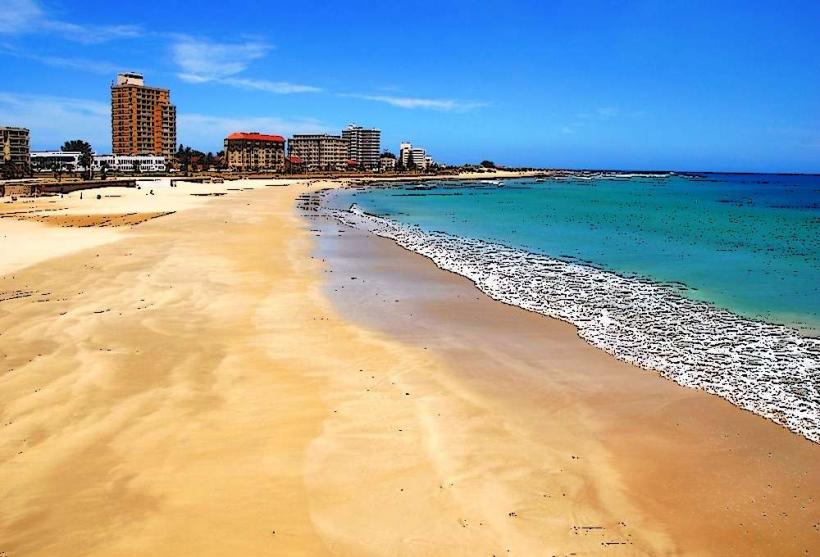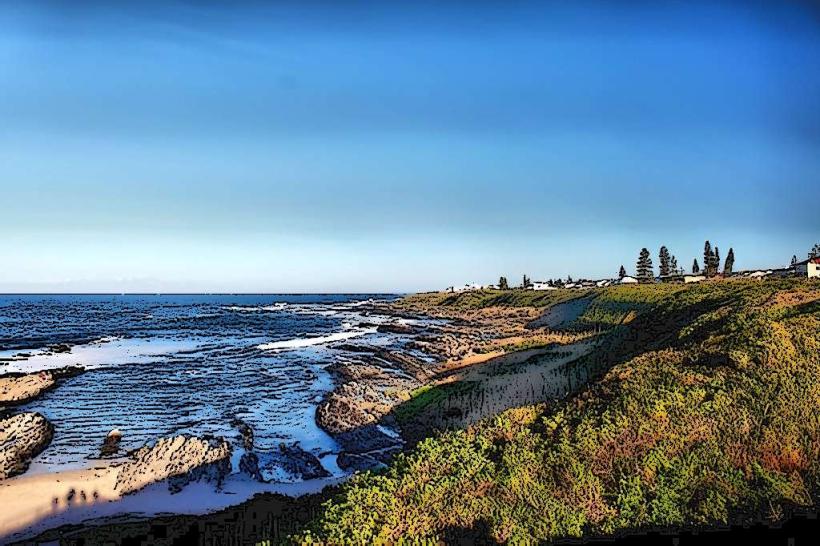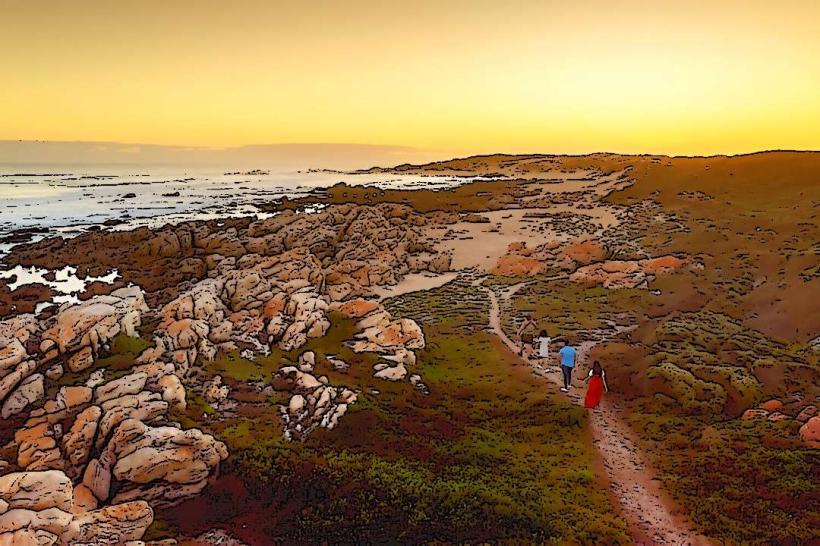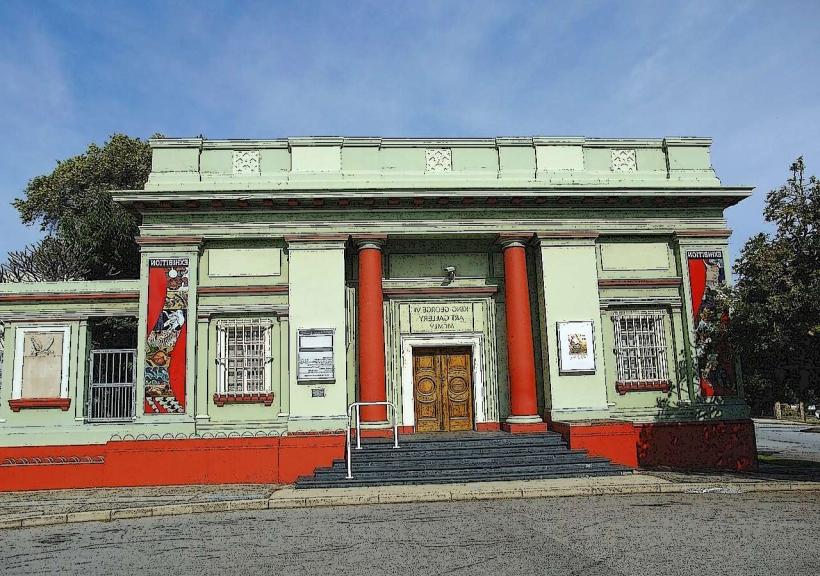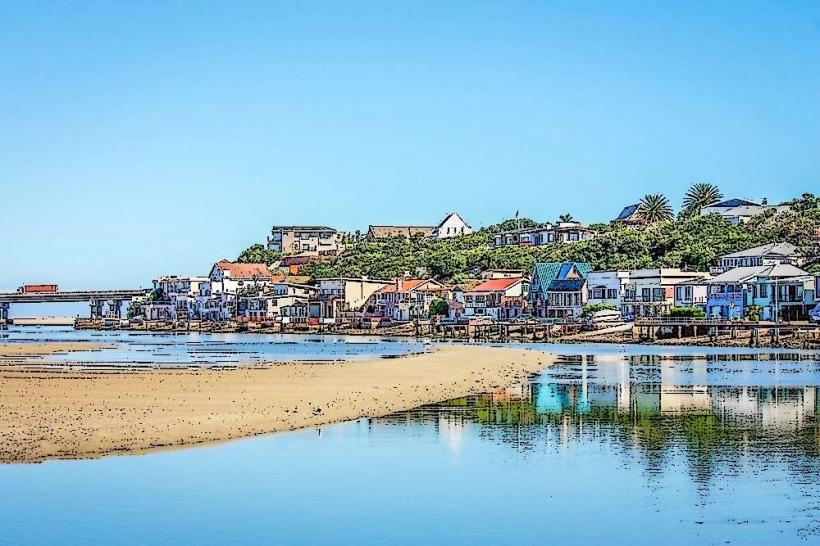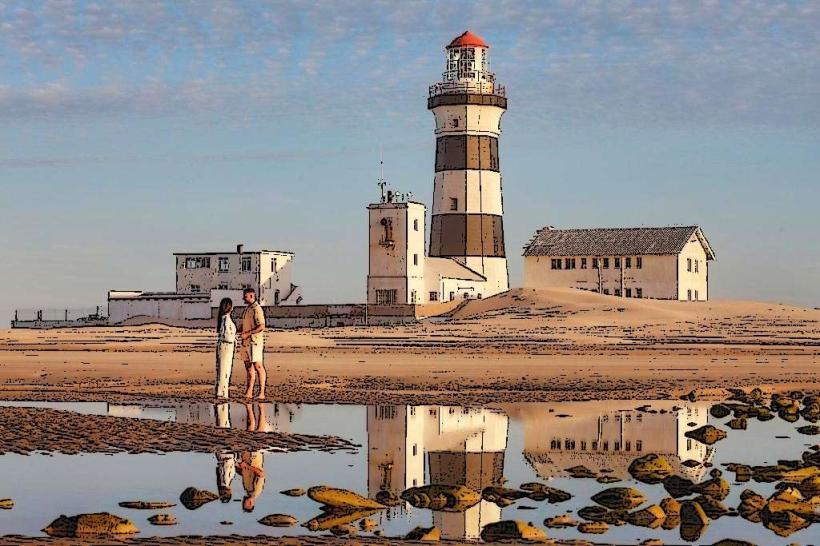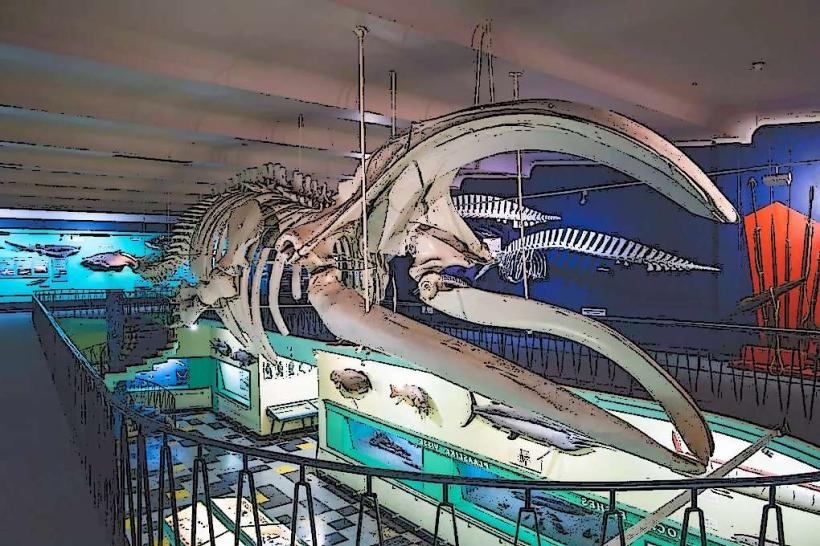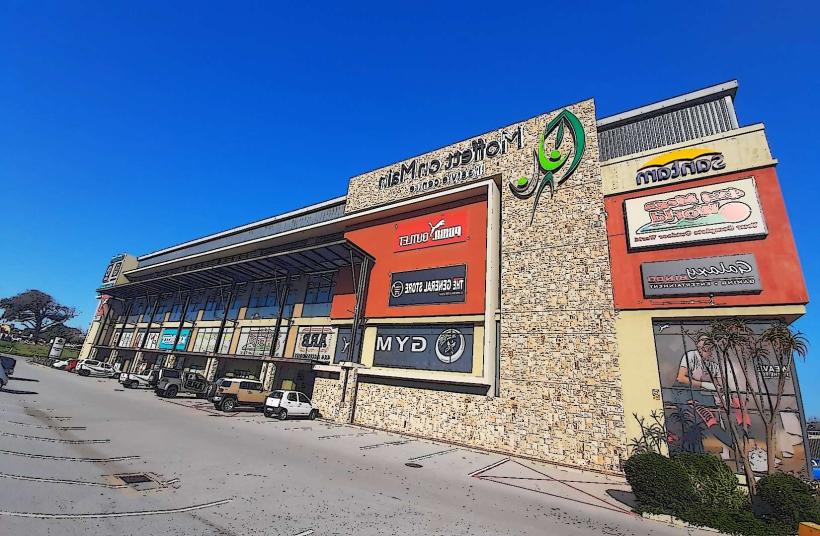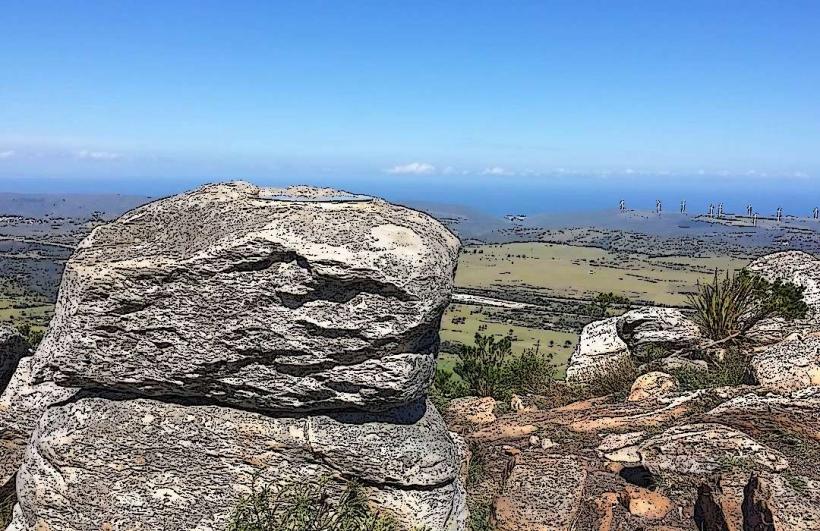Information
City: Port ElizabethCountry: South Africa
Continent: Africa
Port Elizabeth, South Africa, Africa
Port Elizabeth (officially Gqeberha) serves as the cultural and financial hub of the Eastern Cape and the primary hub for South Africa’s automotive manufacturing industry. It is situated on the western portion of Algoa Bay, approximately 770 km east of Cape Town, looking out upon the Indian Ocean.
Historical Timeline
Algoa Bay was first formally settled in 1776, though British presence was established in 1799 with the construction of Fort Frederick. The city was officially founded on June 6, 1820, by Sir Rufane Donkin, who named it after his late wife, Elizabeth. It became the "Liverpool of South Africa" in the late 19th century due to its rapid port development and railway expansion. The primary event that shaped the current urban form was the 1920s planning of "The Hill" and the subsequent industrialization that turned the city into the headquarters for global motor vehicle manufacturing (Volkswagen, ISUZU).
Demographics & Population
The 2026 estimated population for the Nelson Mandela Bay metropolitan area is approximately 1.35 million. The demographic composition is roughly 38% White, 31% Black African, and 27% Coloured. The median age is approximately 29.5 years.
Urban Layout & Key Districts
The city is organized along a sprawling urban coastline. Central Hill (Central) is the historic core containing 19th-century architecture. Summerstrand (Southeast) is the primary tourist and beachfront district, housing the major resorts and university. Humewood/Hobie (East) serves as the leisure waterfront. Walmer (Central-West) is an upscale residential and commercial hub near the airport, while North End functions as the industrial heart.
Top City Landmarks
Donkin Reserve, Pyramid, and Lighthouse (Central Hill)
Fort Frederick (Baakens River mouth)
No. 7 Castle Hill Museum (Central Hill)
Nelson Mandela Bay Stadium (North End)
The Campanile Memorial (Vuyisile Mini Square)
Transportation Network
Internal movement relies heavily on private vehicles and an extensive network of minibus taxis. There is no metro or tram system. The MyCiTi style BRT system (Libhongolethu) is present but limited in coverage. Uber and Bolt are the primary ride-sharing apps and are the standard choice for safe evening transit. Traffic density is moderate compared to Johannesburg, concentrated on the N2 highway and Settlers Way during morning (07:00–08:30) and evening (16:30–17:30) peaks.
Safety & "Red Zones"
Port Elizabeth has high crime rates in specific sectors. Visitors must avoid Motherwell, New Brighton, and Helenvale ("red zones") unless on a sanctioned tour. The Central/CBD area requires high vigilance during the day and should be avoided after dark. Common scams involve "ATM assistants" and "smash-and-grabs" at traffic lights in industrial areas; keep windows closed and valuables out of sight.
Digital & Financial Infrastructure
Average fixed fiber internet speeds reach 50–100 Mbps in major hubs. Main carriers are Vodacom, MTN, Telkom, and Cell C. Card acceptance is universal in malls and restaurants; contactless payment is standard. ATMs are widely available in secure shopping centers like Walmer Park or Greenacres; avoid standalone street-side ATMs.
Climate & Air Quality
The city has a warm oceanic climate, frequently nicknamed "The Windy City" due to the prevailing southeasterly winds. Temperatures range from 9°C to 19°C in winter (June–August) and 18°C to 26°C in summer (December–March). Air quality is generally high due to coastal wind dispersal, though the North End industrial zone can experience localized particulate pollution.
Culture & Social Norms
Social standards are relaxed and friendly (nicknamed "The Friendly City"). Tipping of 10–15% is standard in restaurants. Handshakes are the standard greeting. Dress code is casual-chic, even in business settings. Alcohol is sold in dedicated liquor stores; public consumption on beaches is illegal and strictly enforced during holiday seasons.
Accommodation Zones
Summerstrand: Stay here for safe walking access to Blue Flag beaches, the Boardwalk Mall, and luxury hotels.
Walmer: Stay here for proximity to the airport, leafy tree-lined streets, and high-end boutique guest houses.
Local Cost Index
1 Espresso: 36 ZAR ($1.90)
1 Standard Lunch: 170 ZAR ($9.00)
1 One-way Local Transport Ticket: 20 ZAR ($1.05)
Nearby Day Trips
Addo Elephant National Park: 40 km (35 minutes)
Jeffrey’s Bay (Surfing): 75 km (50 minutes)
Kragga Kamma Game Park: 15 km (20 minutes)
Tsitsikamma National Park: 190 km (2 hours)
Facts & Legends
A verified historical oddity is the Prester John Memorial in Fleming Square; it is believed to be the only monument in the world dedicated to the mythical Christian king of the East. A prominent local legend concerns the "Haunted Central Hill," specifically the No. 7 Castle Hill cottage, where staff and visitors have reported the sound of a phantom baby crying and a "lady in white" appearing in the period kitchen.


